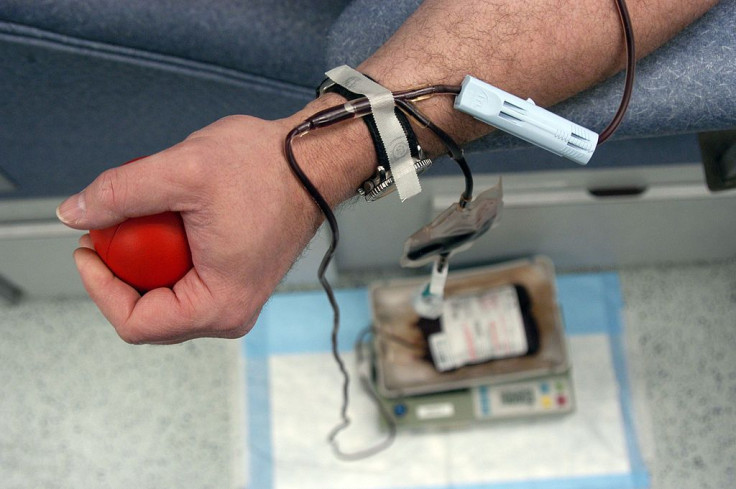Regular Blood Donations Could Potentially Save Over 1,000 Lives: Why You Should Be A Donor

Donating blood not only conjures up altruistic feel-good emotions, it also has a ton of health benefits for the donor. A study published in the journal Health Psychology found that people who regularly volunteer for the sheer reason of giving had a significantly reduced risk of dying within the next four years compared to those who don’t donate. But there are other bonuses to parting ways with a couple bags of blood, which will inevitably save the lives of three people.
Your blood flows better as a result of repeated donation, which helps the lining of the blood vessels clear out any blockages; this may be why blood donors are 88 percent less likely to suffer from a heart attack compared to those who don’t donate. It’s also a way to get a mini physical to measure how your blood pressure, temperature, pulse, and iron and hemoglobin levels are doing.
After your blood is taken, it goes through 13 different tests to scan for infectious diseases like HIV, which means if anything shows up positive you’ll be notified immediately. You also reduce the risk of experiencing unsafe iron levels by removing the metal from your blood on a regular basis, ultimately preventing hemochromatosis.
Across the country, approximately 38 percent of Americans are eligible to donate blood; however, less than 10 percent do. According to the American Red Cross, that means that nearly 100 million people across the country are in general good health, at least 17 years old, weigh at least 110 pounds, and haven’t recently been out of the country, gotten any tattoos, or contracted any diseases.
“The need for blood is always there,” said Dr. Phillip DeChristopher, the director of Loyola University’s Health System Blood Bank. “It’s important to recognize how important willing donors are.”




























